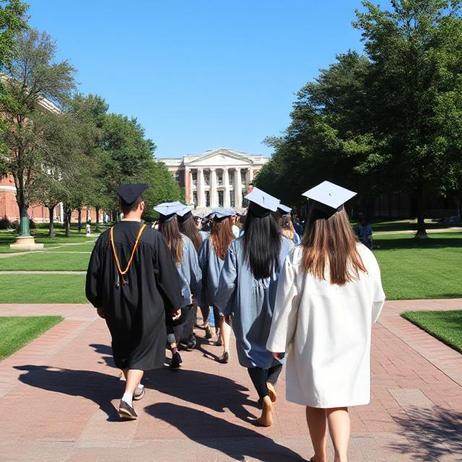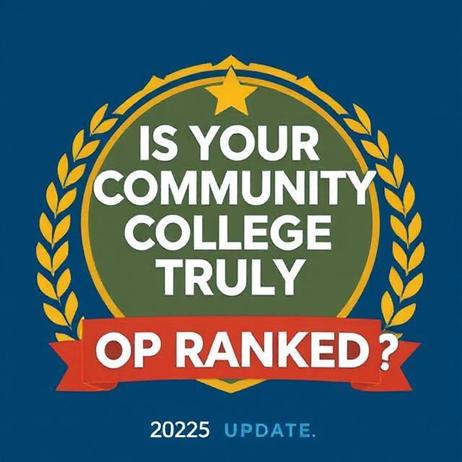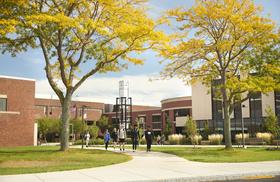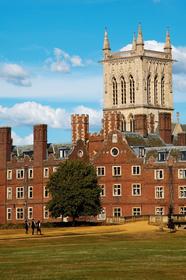Introduction
For decades, community colleges (or two-year colleges) have been viewed primarily as commuter institutions—students living off-campus and traveling each day. But that is changing. As of 2025, a growing—but still minority—segment of community colleges now offers on-campus housing, opening new decisions and trade-offs for students and families. In this article, we examine the pros, cons, and costs of community college housing so parents (and students) can make informed decisions.
The Landscape in 2025: How Common Is Community College Housing?
Only a minority of community colleges offer on-campus dorms. According to recent data, roughly 26 % of U.S. public two-year colleges operate student housing.
Many colleges still rely on public-private partnerships or ground leases to fund housing projects rather than owning and running dorms themselves. Federal Reserve Bank of Richmond
Some states or systems are incentivizing colleges to develop housing or wraparound services (e.g. mental health, child care) alongside housing.
In many regions, community colleges may partner with nearby apartment complexes or housing providers to reserve space for students. bold.org
Because of this variation, prospective students should always check directly with a college’s residential life or housing office to determine what options exist.
Pros of Community College Housing
Here are the key advantages of living on-campus at a community college:
1. Greater Access to


















